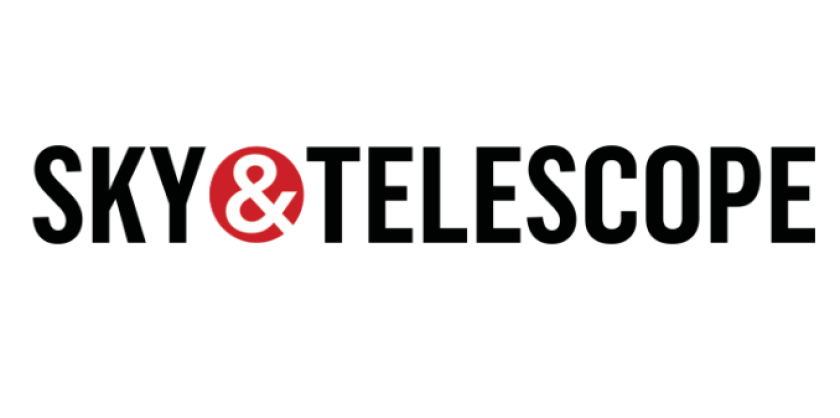Optical Illusion Can Improve Your Golf Game
Golfers will tell you there’s no substitute for practice. But even after years of practice, some players still struggle for a hole-in-one.
In studies at Purdue University in West Lafayette, Ind., cognitive psychologist Jessica Witt found that simply making a hole appear larger on the green can improve a golfer’s putting accuracy by as much as ten percent.
“When the hole looked bigger participants were also more successful at putting. So, making the golf hole look bigger, even though it hadn’t changed size, it just looked bigger, led to more golf putting success,” said Witt, now at Colorado State University in Fort Collins.
The trick employs a common optical illusion called the Ebbinghaus illusion
“So on days when you’re performing well, that ability to succeed also influences what you see, and on days when you’re not performing well, that lack of ability changes what you see,” Witt said.
Some old-fashioned practice couldn’t hurt, either.
Witt’s future research applies the Ebbinghaus illusion to field-goal kicking in football by having fans holding up cards to help the goal look bigger or smaller, depending on what team is kicking.
Get Inside The Science:


